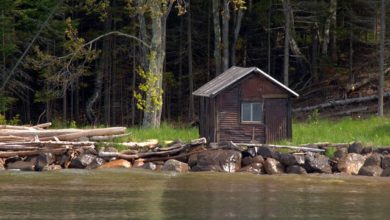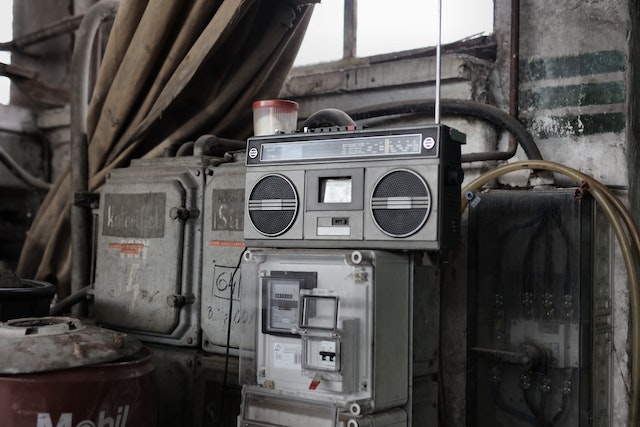
Should You Get Your Ham Radio License?
Should you get your Ham Radio License?
In a dire situation, how will you cope if you can’t contact anybody or get critical information online? Where will you find reliable sources? How do you plan on keeping in contact with family and friends? By studying for your ham radio license, prepare yourself for any interruption in your communication channels.
No matter where you are, you can still count on receiving reliable reports on what’s going on in your neighborhood and beyond.
Even so, maintaining relationships with those who matter to you will be possible.
This article will explain how to apply for and get your first amateur radio license. Doing so removes ambiguity and demonstrates how easily this gap in readiness may be closed.
So, let me get this straight: why do you think ham radios are crucial?
Nashville was rocked by an explosion on December 25, 2020, caused by an RV full of explosives.
Several states’ lines of communication were knocked out of commission, and scores of structures were destroyed in seconds.
An instance like this highlights the precarious nature of our modern instantaneous communication and information retrieval methods.
It’s a common mistake for preppers to ignore the importance of having a backup plan.
Simply put, what is the definition of “ham radio”?
Amateur radio, sometimes known as “ham radio,” is a kind of communication that makes use of the radio spectrum for purposes other than making a profit. It’s a way for individuals to talk to one another over long distances without needing modern conveniences like email or mobile phones.
An Overview of the Past
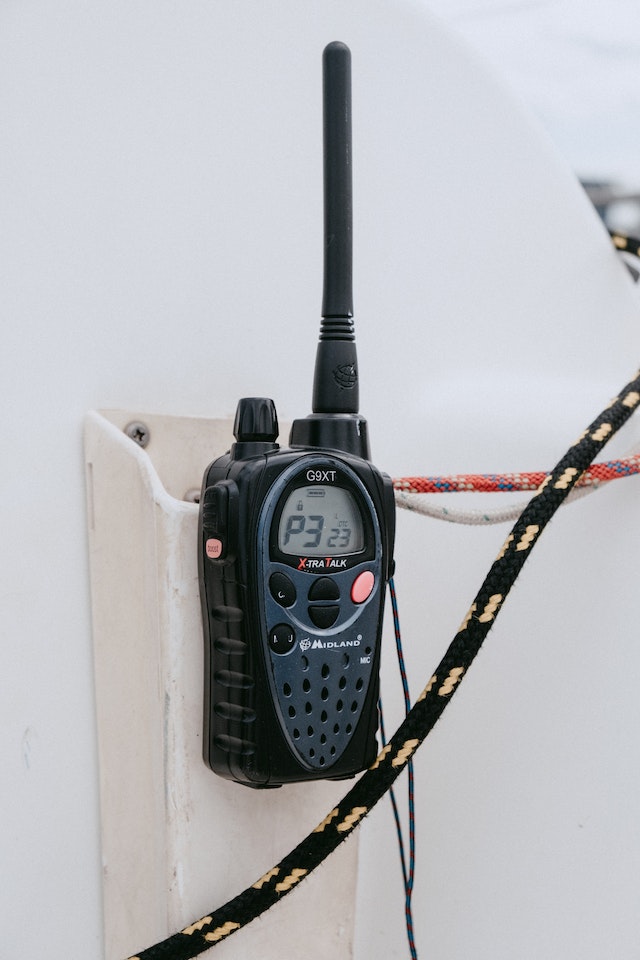
It was in 1901, from Guglielmo Marconi’s home-built radio station on Cape Cod, that the first wireless broadcast across the Atlantic Ocean, marking the birth of ham radio, also known as amateur radio.
Because of radio interference during the sinking of the RMS Titanic, Congress enacted the Radio Act of 1912 to establish rules for the airwaves. The same year, the United States government granted the first mandatory amateur radio licenses, allowing citizens to operate legally as radio amateurs.
They also couldn’t access commercial or military frequencies since their bandwidth was limited to around 200 MHz. Because of its limited range, amateur radio had a bad reputation at the time, and the 200 MHz limit was seen as the last nail in the coffin for its supporters.
Instead, in 1914, the American Radio Relay League (ARRL) came into being. As the 1920s rolled around, the technology, which had previously solely sent messages through Morse Code, began to include human voices.
The FCC (Federal Communications Commission) came into being after World War II in response to the increasing popularity of Ham radio. As the number of commercial, news, government and amateur radio users continued to rise, the FCC stepped in to control the market.
It was in the 1970s that a network of repeater transmitters started to dot the landscape, but 1961 saw the launch of the first ham radio satellite, OSCAR – 1 (Orbiting Satellite Carrying Amateur Radio). Data transfer through amateur radio also gained traction in the ’80s and ’90s. These and other technical developments (especially the vacuum tube) made it possible to send communications far beyond, even to the moon.
Today, ham radio operators may be found in every corner of the globe.
Even though much time has passed since 1912, one thing remains the same. You still need an FCC license to broadcast using a ham radio lawfully.
Obtaining a ham radio license is recommended for several reasons.
Amateur radio is a non-commercial service that provides recreation, education, and disaster relief communication. Our focus should be on the final two of them.
Preppers, particularly those who have to commute a considerable distance due to their jobs, would benefit much from reading it. When traveling for work, the husband of one of my friends always carries his portable radio with him. His wife always has one in her handbag, so they can talk no matter where they are.
The survival benefits of amateur radio and how they work.
Even though amateur radio is intended for non-commercial usage only, amateur radio operators (Hams) have proven invaluable in crisis communications, supporting official relief operations and saving many lives. Ham radio operators are generally the first to start spreading the news about and requesting assistance after natural catastrophes.
Two groups that help during emergencies are the Amateur Radio Emergency Services (ARES) and the Radio Amateur Civil Emergency Services (RACES).
Furthermore, the National Weather Service broadcasts warnings concerning severe weather on the same frequencies utilized by ham radio operators. In addition, the Salvation Army maintains a ham radio unit that may help during emergencies. So, if you’re looking for a way to give back to the community, this is a fantastic opportunity to combine volunteer work with something you like doing.
With the ability to communicate with people all around the globe (and beyond), amateur radio is a fantastic hobby for the whole family. Yes, it is possible to eavesdrop on the ISS crew. (The ISS has an amateur radio station that occasionally licenses astronauts to monitor.)
Some hams put much stock in the Q cards or QSL cards that validate their communications with other hams. It was easy to see that our teacher was pleased to show off his trove of Q cards. A few outlying Pacific islands weren’t immune to the influx of people from around the globe.
Q cards are a fantastic method to teach geography to children, and kids, in particular, would love them.
As an indication of how simple it is to get the license, consider that young child as young as five have already done so.
This an open invitation to everyone who wants to become a ham radio operator.
Anybody.
In all seriousness.
Becoming a licensed ham radio operator is one of the many benefits of amateur radio. No minimum age is specified. (There is also no need for a history check, prior work experience, or formal education.)
I’ve previously noted that even five-year-old’s are engaging in this practice. There are men, women, stay-at-home mothers, working moms, kids, seniors, preppers, hobbies, homeschoolers, and everyone within these communities. I could elaborate more, but I think you get the point.
If anybody can pull it off, it’s YOU.
It would be best if you achieved exam success.
Is a license necessary to use the ham radio?
The answer is yes.
Only if you have the proper license to do so, on the other hand, you may listen to music.
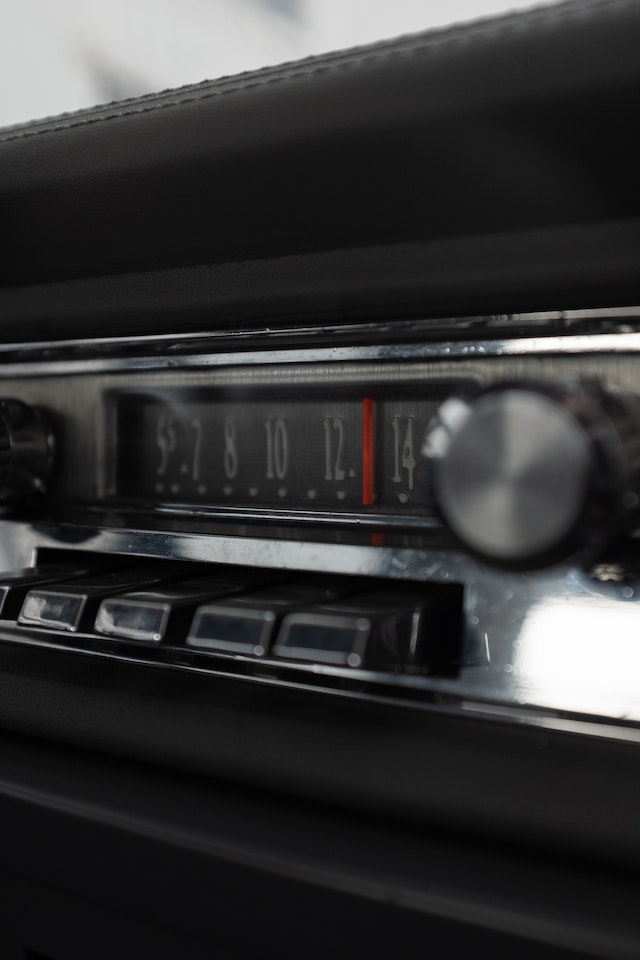
Anyone found broadcasting without license risks having their equipment confiscated and paying penalties. Unlicensed broadcasting is likewise frowned upon in the Ham community. Therefore, if you are caught, they won’t have any pity for you. They could even report you under normal conditions.
You need a license granted by the FCC or the Canadian government to legally do business in an FCC-regulated region. Licensees from other nations with whom the United States has a reciprocal agreement on operating inside each other’s borders are permitted to do business within FCC jurisdiction.
A ham radio license: how can I acquire one?
The overall picture is as follows before we get into the nitty-gritty.
A Brief Synopsis
To become a ham radio operator, most people first attend a course, either online or in person, review the material, and then take practice exams before attempting the real thing. You’ll be assigned a special codename as soon as you complete the test.
Classes of Licenses
There are now three categories of amateur radio licenses available from the FCC.
Those who pass each ever more difficult exam are granted permission to broadcast on a wider range of frequencies and at higher power levels.
In order of increasing difficulty, the three tiers of licenses are as follows:
Expertise in the field of technology. Full access to very high frequency (VHF) and ultra-high frequency (UHF) channels, as well as limited access to higher frequency channels (HF, mostly for Morse Code). This paves the way for interaction amongst people in the same area, often inside the North American continent.
As a whole. Full use of VHF and UHF bands and access to a greater range of voice-only HF channels. Information exchange on a global scale takes place here.
Amateur Extra (or “Extra” for short) Every speech, Morse code, and data frequency is open to amateurs.
Most amateur radio operators aim for at least the General license class since the Technician license class provides the fewest privileges. The Extra tier is for those who want to go above and beyond, both in terms of knowledge gained and the breadth of their access and capabilities (and, of course, in terms of bragging rights).
NOTE: Those with a valid, non-expired license from a prior class will be automatically upgraded to one of the three new classes.
Validity periods for licenses in the United States are ten years.
How to Get Your Ham Radio Operator’s License
Several groups work to expand the amateur radio community and assist individuals in obtaining their licenses. Though the ARRL is the most well-known, ham radio clubs may be found in hundreds, if not thousands, of communities throughout the United States and the rest of the globe. Despite the name, “amateur” radio is everything but.
Discover a local group to join as part of your research. You’ll need the guidance of experienced community members (known as “Elmers”) to keep learning. (There are a few survivalists or preppers among them.)
To do well on this exam, what is the most effective method of preparation?
How you learn best is the most effective method of studying.
Study online, borrow a book from the library, or purchase one if you prefer independent study. You may learn all you need to know about ham radio with the help of Ham Radio Prep’s convenient online courses; if you fail to pass the FCC test on your first attempt, they’ll refund your money.
If you prefer to study in a group environment, search the ARRL’s class calendar to see when and where sessions are being held near you.
Help! I need advice on what ham radio to purchase.
After you’ve earned your license, you may obtain a radio for a reasonable price. Bear in mind, however, that some more affordable versions may only be able to receive signals.
The Baofeng is the cheapest portable radio on the market, and although amateurs like it, it is universally reviled by seasoned hams. This is a wonderful place to begin if you want to learn the basics and develop a feel for ham.
If you’re looking for anything, you should go on Craigslist and Facebook Marketplace. While researching this topic, I quickly searched on my local Craigslist and found several ads for amplifiers, receivers, and even a 50-foot antenna tower.
Should I invest in a repeater?
Repeaters pick up a signal and retransmit it to a larger area. Talk to other radio enthusiasts at your local club to learn more about repeaters and the areas they serve. The vast majority of hams are completely devoted to their pastime.
Must I learn Morse Code?
Yes, no longer.
Amateur radio operators formerly had to master not just Morse Code but also a wide range of technical details. The ability to decipher a Morse code message was a requirement for obtaining a license. Expectations for Morse competence increased with each subsequent licensure level.
In recent years, the FCC has allowed a new category of ham licenses that do not need knowledge of Morse Code; as of February 2007, the agency no longer mandated that any of the three categories of amateur licensing require knowledge of Morse Code.
Yet, even at low power levels, Morse Code may be used to make numerous successful long-distance communications. Even though knowing Morse isn’t necessary anymore, it’s still highly recommended.
Messages may be typed in Morse on a keyboard and then converted to Morse for transmission using one of many software programs that display Morse as alphanumeric characters on a screen. However, this is a promising technology.
Conclusion
Getting a ham radio license can make you more resilient in a breakdown in your regular communication. If a disaster strikes, you can still keep up with news from worldwide and communicate with loved ones at home.
Frequently Asked Question
Is it difficult to get a ham radio license?
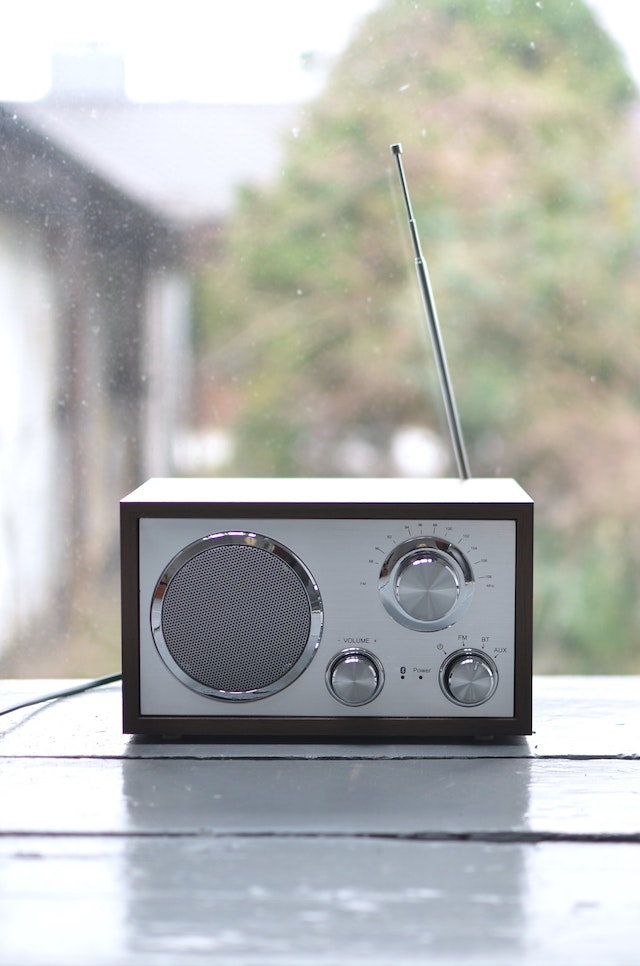
You can do this with relative ease. Hams are amateur radio operators who have been granted permission to operate within certain frequency bands by governments across the globe. If you live in the United States, you only need a technician class license to handle regular and emergency communications in your area.
What exactly can you do if you have a ham radio license?
Communicate with folks from other nations.
Use the time spent in transit by conversing with individuals (both near and distant).
To aid in times of crisis, natural catastrophe, or emergency by providing a means of communication.
Help spread the word during parades, festivals, and other community gatherings by providing a means of communication.
When preparing for the ham radio exam, how long should I spend on it?
According to the Ham Test Online website, you should expect to spend 10 hours studying for the Technician test, 20 hours for the General exam, and 30 hours for the Amateur Extra exam.

